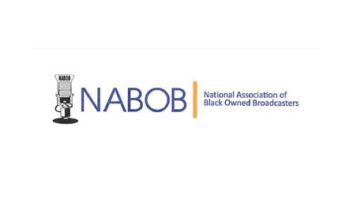WHYT won’t get to increase its power — though for a while it thought it had a chance to do so when a nearby station failed to apply for license renewal in a timely way.
Superior Communications is the licensee of noncom WHYT in Goodland Township, Mich. It wanted the FCC to reconsider a decision in the case but the regulators this week said no. The case offers insight into latitude the Media Bureau will give a station that doesn’t renew on time.
In the earlier ruling, the commission denied WHYT’s request to increase ERP from 0.4 kW to 12.5 kW and change its proposed directional pattern to increase ERP towards WBFH(FM) in Bloomfield Hills. The change in pattern was filed as an amendment on the same day WBFH’s license expired, and Superior noted what it assumed was the automatic expiration of WBFH in that filing.
The school district that holds the WBFH license filed its application for renewal soon after.
The FCC first ruled that WHYT’s proposed 40 dBu interfering contour completely covered WBFH(FM)’s 60 dBu protected contour in violation of the rules. It also found that, while the license had expired, it “was not forfeited, the call letters were not deleted, and [thus] the area covered by the license must remain protected by other application.”
Superior said it knew its application would only be valid if it was not required to protect WBFH, but it felt that that when that license expired, its obligation to protect the station ended. “What is the point of having an expiration date, if the licenses never really expire,” Superior asked in its filings. And if the commission did accept WBFH’s late application, it should be placed in a “queue” behind Superior’s amendment, the company argued.
The commission in its latest ruling says the law does not forbid it from accepting a renewal application filed after a license expired. It cited longstanding precedent for accepting such applications and said it usually has issued a fine for late-filing and unauthorized operation. As reported in RW earlier, that was the case here; WBFH was fined but won license renewal.
The commission also said no to the argument that WBFH’s renewal application should be given lower priority; expiration of the WBFH license, it said, was not final. The renewal application, although late, remained the “lead application.”
Also of note here is the turnaround time on the case; Superior filed its Petition for Reconsideration on Dec. 20, 2004, asking for reconsideration of a ruling made on Nov. 16 of that year. The Media Bureau denied the petition this week, almost three years later.












